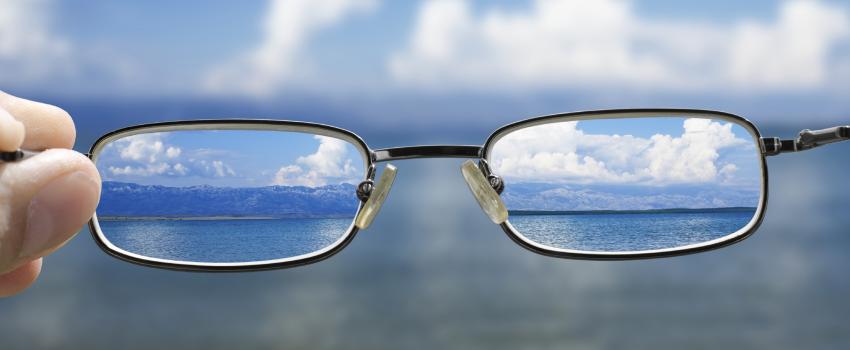 It’s one of those phrases from 2020 you’re sick of hearing and you never want to hear again: new normal. I get it. But we can’t act like nothing’s changed. Fifty-eight percent of American adults say the coronavirus pandemic has changed their lives forever. You and I are not living in the same world we were in this time last year. I don’t think it’s overly dramatic; it’s probably subtle. But the coronavirus has affected nearly every aspect of our lives.
It’s one of those phrases from 2020 you’re sick of hearing and you never want to hear again: new normal. I get it. But we can’t act like nothing’s changed. Fifty-eight percent of American adults say the coronavirus pandemic has changed their lives forever. You and I are not living in the same world we were in this time last year. I don’t think it’s overly dramatic; it’s probably subtle. But the coronavirus has affected nearly every aspect of our lives.
We have a new vocabulary now: social distance, COVID bubbles, RAC nurses, Zoom meetings, hospitalization rates. We have new fashion accessories in masks that are printed with different colors and patterns, different prints and even logos; some masks even say, “I hate wearing this mask!”
And people are drinking more. Alcohol consumption in the United States has gone up 14% in the past year.
We’re more connected to our devices than ever before with online learning, work from home, and virtual church. We’re waiting in our cars for the next seat in the barber shop, we’re making appointments to work out at the gym, and it’s more drive-thru than dine-in. I don’t know what would cause Chick-Fil-A to ever open up their dining rooms again.
And there’s a general mistrust of information. With the competing news media and fake news and conspiracy theories and the constantly changing and sometime contradictory information about the virus, 41% of Americans say they’re overwhelmed by all the news and information and they’ve stopped paying attention.
Sociologists say Americans need two things right now: security and sociability. These are the two things we are missing and craving and desperately needing right now. Health security, financial security, a stronger sense that everything’s going to be OK. Being around other people, being in the same room with our friends and family, in our clubs and social circles, back at church.
That’s the main reason, they say, that 74% of Americans between the ages of 18-34 are dealing with mental health problems right now. Three out of four are suffering with at least two of these five issues: stress, anxiety, depression, loneliness, and suicidal thoughts. This is our new normal. These are the conditions we have to acknowledge.
And it’s not just the coronavirus. Certainly the pandemic has brought sickness and death to our world and is leaving a tsunami of related sorrows and devastation in its wake. But the political and racial tensions have also done a ton of damage. Our families, our community, our churches, the whole country — we are divided right now. The air we’re breathing today is thick with fear and anger and uncertainty. We must recognize this.
But we also need to recognize this. According to a massive Cleveland Clinic survey, 58% of all Americans say, in the aftermath of 2020, they are reevaluating their lives. Sixty-five percent say they are reevaluating how they spend their time. Seventy-eight percent say they value relationships more now than they did a year ago. And 72% of all Americans say they have hope for the future.
Yes, we are all moving into a scary, uncertain, new normal. But our new normal is filled with people who are re-thinking their priorities. People are seeking what’s truly important. They’re searching for what’s significant and lasting. The new normal is loaded with opportunity!
The people around you are searching for what’s trustworthy and true. The people you are running into every day are disappointed, disillusioned, and divided; and they’re open to something different. They want something or someone that’s real and solid and dependable. They want an answer for everything that’s gone wrong; they’re looking for a solution to everything that’s broken.
The new normal is not to be feared. It should be embraced and engaged as God’s time and place for something beautiful and eternal and new.
Peace,
Allan






Recent Comments